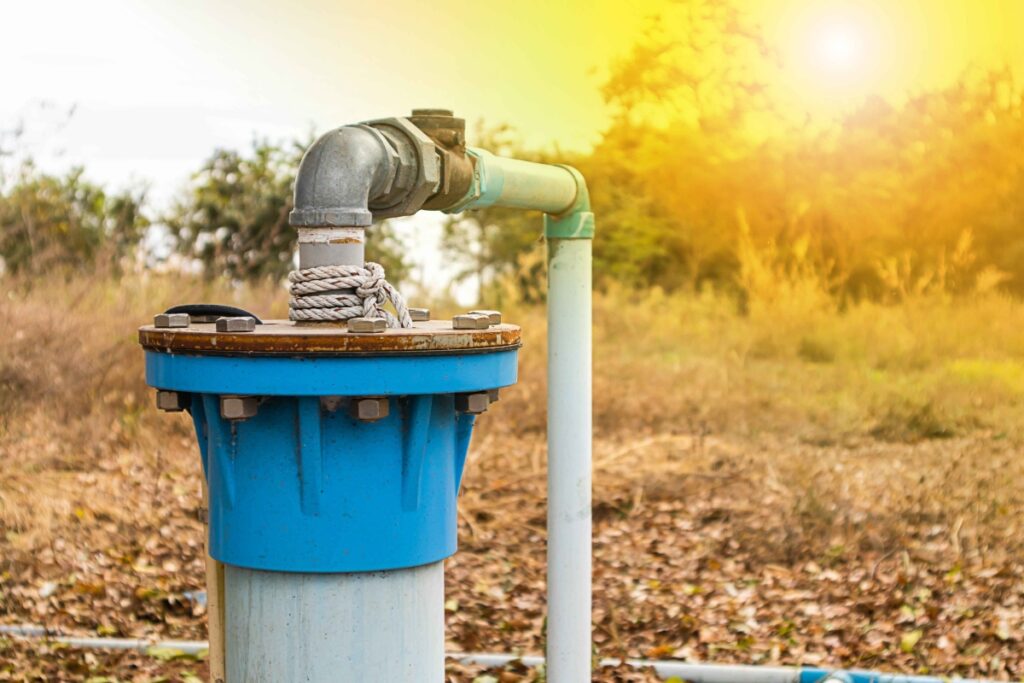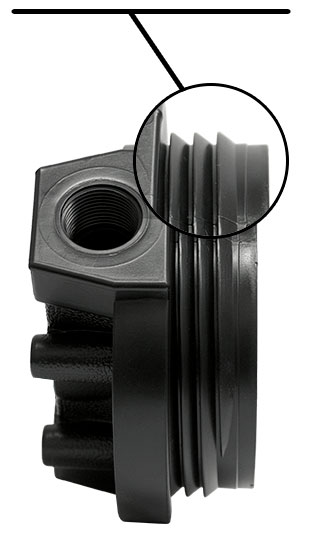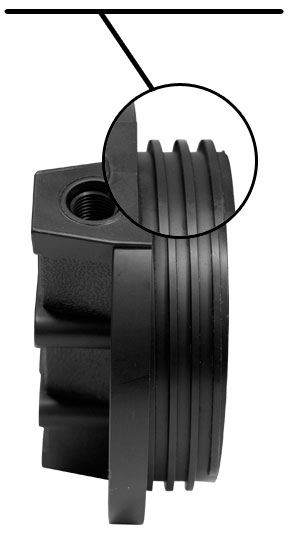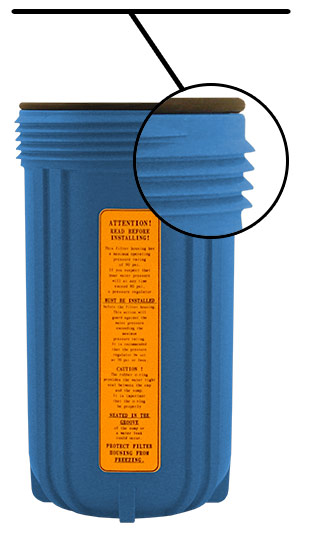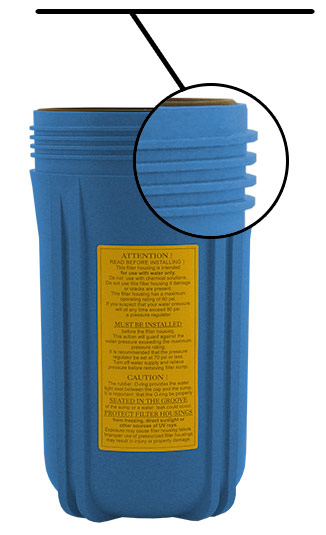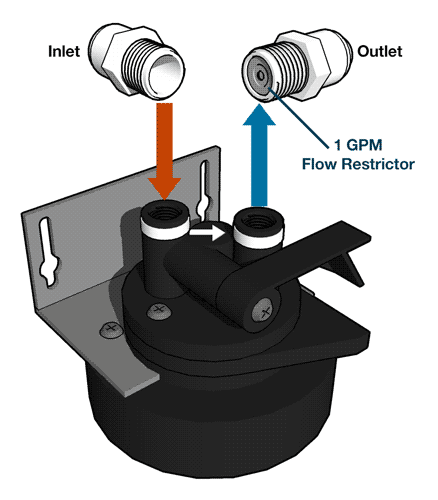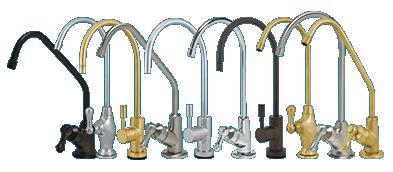Well water serves as the primary water source for many people and households. However, can you drink well water? More importantly, is well water safe to drink? The short and simple answer to both questions is yes, but there are caveats. Not all well water is safe to drink; some is, and filtered water is always better for wells.
Understanding well water safety, testing, treatment, and maintenance is crucial to ensuring its quality. At H2O Distributors, we provide the information and products you need to maintain clean and healthy well water.
Can You Drink Well Water? Understanding Safety
Well water is traced directly from underground aquifers and usually measured as a natural, healthy substitute for treated city water. It’s considered hard water; its purity and lack of chemical treatments like chlorine make it taste fresher and more natural. However, concerns about well water’s safety are valid, as it can become contaminated if not properly managed. Water contaminants like bacteria, viruses, heavy metals, and pesticides can pose health risks. To highlight, not every underground aquifer is the same.
Several steps come into play to ensure the safety of well water.
- Regular testing is essential to detect potential issues. You can use water testing kits or ask a professional for advice.
- Maintaining the well system, including proper sealing and regular upkeep, can also help prevent contamination.
- Installing a water filtration system can further purify the well water, ensuring it remains safe to drink and use for cooking and other things.
Well Water Testing and Treating
Regularly testing well water is vital to ensure its safety and quality, especially since well water is not subject to the same regulations as public water supplies. Common contaminants in well water include bacteria like E. coli and coliform, heavy metals such as lead, arsenic, mercury, pesticides, nitrates, and volatile organic compounds (VOCs).
Effective treatment methods are available to purify well water. Disinfection using chlorine or ultraviolet (UV) light can kill bacteria and other microorganisms. Ultraviolet sterilizer systems are a tremendous well water treatment option. Filtration methods like sediment filtration kits can remove sediment, particles, and specific contaminants. H2O Distributors offers a range of products specifically designed to treat well water, including UV sterilizers and various filtration systems such as activated carbon filters and reverse osmosis systems. These solutions can help you achieve clean and safe water from your well.
Regular testing and proper treatment are essential for maintaining the quality of your well water.
Maintaining Clean and Healthy Well Water
Regularly inspect your well and conduct maintenance to help identify potential issues and prevent contamination. Here are some best practices for maintaining clean and healthy well water:
1. Proper Well Maintenance and Inspection: Have your well inspected by a professional at least once a year. Regular inspections can detect signs of wear, leaks, or damage to the well casing. Routine maintenance, such as cleaning and disinfecting the well, can help remove any bacteria or contaminants that may be present.
2. Preventing Contamination from Surrounding Sources: To ensure the purity of your well water, take measures to prevent contamination from surrounding sources. Keep hazardous substances like pesticides, fertilizers, and chemicals away from the well area. Preserve a safe distance between the well and potential contamination sources, such as septic tanks, livestock areas, or waste disposal sites.
3. Best Practices for Storing and Consuming Well Water: Store well water in clean, food-grade sealed containers to prevent contamination. Regularly clean and disinfect water storage tanks or reservoirs. Ensure well water is adequately filtered or treated with a water softener before consumption to remove potential contaminants, odor, and bad taste.
Shop H2O Distributors for a Well Water Treatment System
Maintain clean and healthy well water by following these guidelines to ensure the water’s safety and purity.

